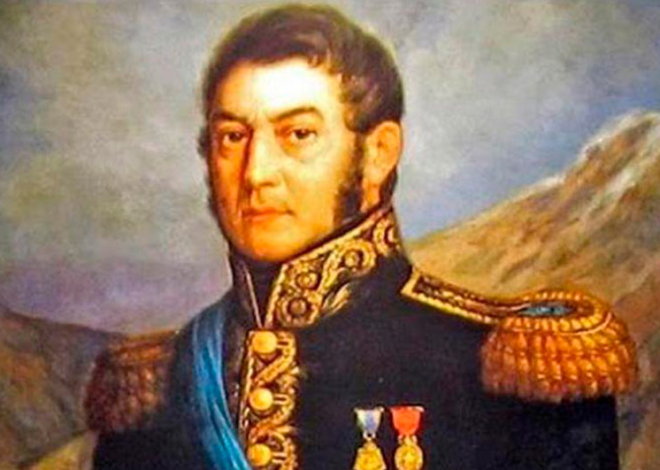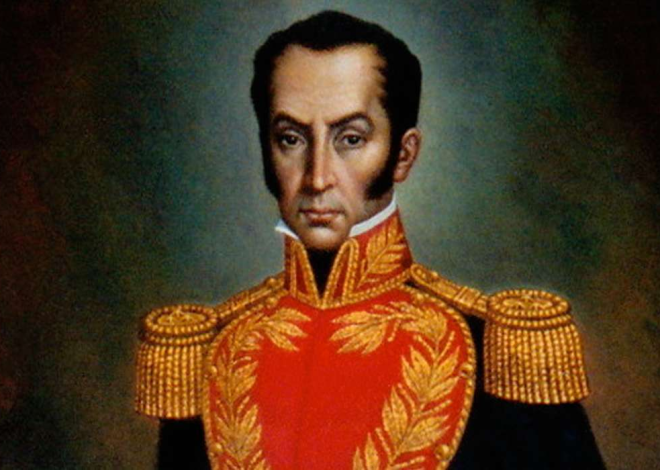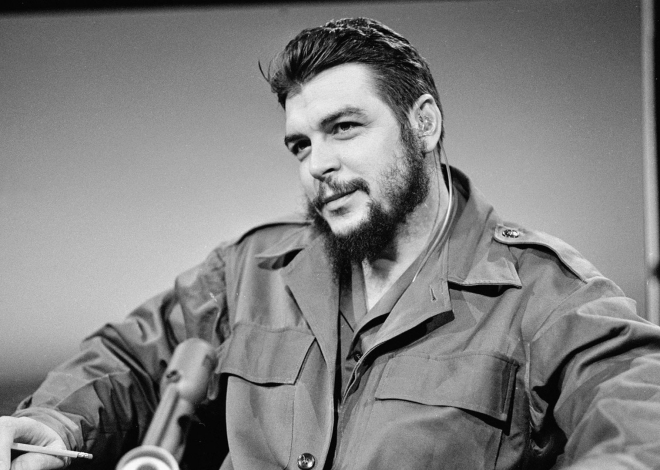
Luiz Inácio Lula da Silva (Lula)
Luiz Inácio Lula da Silva, commonly known as Lula, is a Brazilian politician who served as the President of Brazil from 2003 to 2010. He is one of the most influential and iconic figures in Brazilian and Latin American politics. Here is a detailed history of Lula’s life and career:
Early Life and Union Activism:
- Lula was born on October 27, 1945, in the state of Pernambuco, in northeastern Brazil. He grew up in poverty and migrated to the industrial city of São Paulo in his youth.
- In São Paulo, Lula worked as a metalworker and became involved in labor union activities. He rose through the ranks of the metalworkers’ union, eventually becoming a prominent labor leader.
Founding of the Workers’ Party (PT):
In 1980, Lula played a pivotal role in the founding of the Workers’ Party (Partido dos Trabalhadores or PT), a left-wing political party that sought to represent the interests of the working class and marginalized groups.
Presidential Campaigns and Political Ascendancy:
- Lula ran for the presidency of Brazil three times before being elected. He lost the elections in 1989, 1994, and 1998, but his popularity grew with each campaign.
- In 2002, Lula ran for the presidency once again as the candidate for the PT. His campaign focused on social inclusion, poverty reduction, and economic growth.
- In a historic victory, Lula was elected as Brazil’s president in the 2002 election, becoming the country’s first working-class president.
Presidential Achievements (2003-2010):
- Lula’s presidency was marked by significant achievements. His government implemented a range of social programs, including Bolsa Família, which provided cash transfers to low-income families, and Fome Zero, a hunger eradication initiative.
- Under his leadership, Brazil experienced robust economic growth, reduced poverty rates, and expanded access to education and healthcare.
- Lula also played a leading role in the BRICS group of emerging economies, which includes Brazil, Russia, India, China, and South Africa.
Foreign Policy and Diplomacy:
Lula pursued an active and independent foreign policy, seeking to strengthen Brazil’s influence on the global stage. He was involved in diplomatic efforts to promote regional stability and economic cooperation in Latin America.
Second Term and Challenges:
- Lula was reelected in 2006, securing a second term as president. His popularity remained high throughout his presidency.
- However, his second term faced challenges, including corruption scandals that implicated members of his government. Lula himself was not directly implicated but faced criticism for failing to address corruption within his administration.
Post-Presidential Life:
- After leaving the presidency in 2010, Lula remained active in Brazilian politics and continued to be a prominent figure within the PT. He considered running for the presidency again in 2018 but was prevented from doing so due to a legal conviction on corruption charges.
- In 2018, Lula was imprisoned on charges related to the Operation Car Wash corruption investigation. His imprisonment sparked debates about political persecution and judicial bias in Brazil.
Release and Potential Return to Politics:
- In November 2019, Lula was released from prison after the Brazilian Supreme Court ruled that defendants could not be imprisoned until all appeals had been exhausted.
- Lula remains a key political figure in Brazil and has expressed interest in running for the presidency once again in the future. His return to politics could have a significant impact on Brazilian politics.
Lula’s presidency is remembered for its transformative social policies and economic achievements, but it is also marked by controversies, including corruption scandals. His enduring popularity and political influence continue to shape the direction of Brazilian politics.






